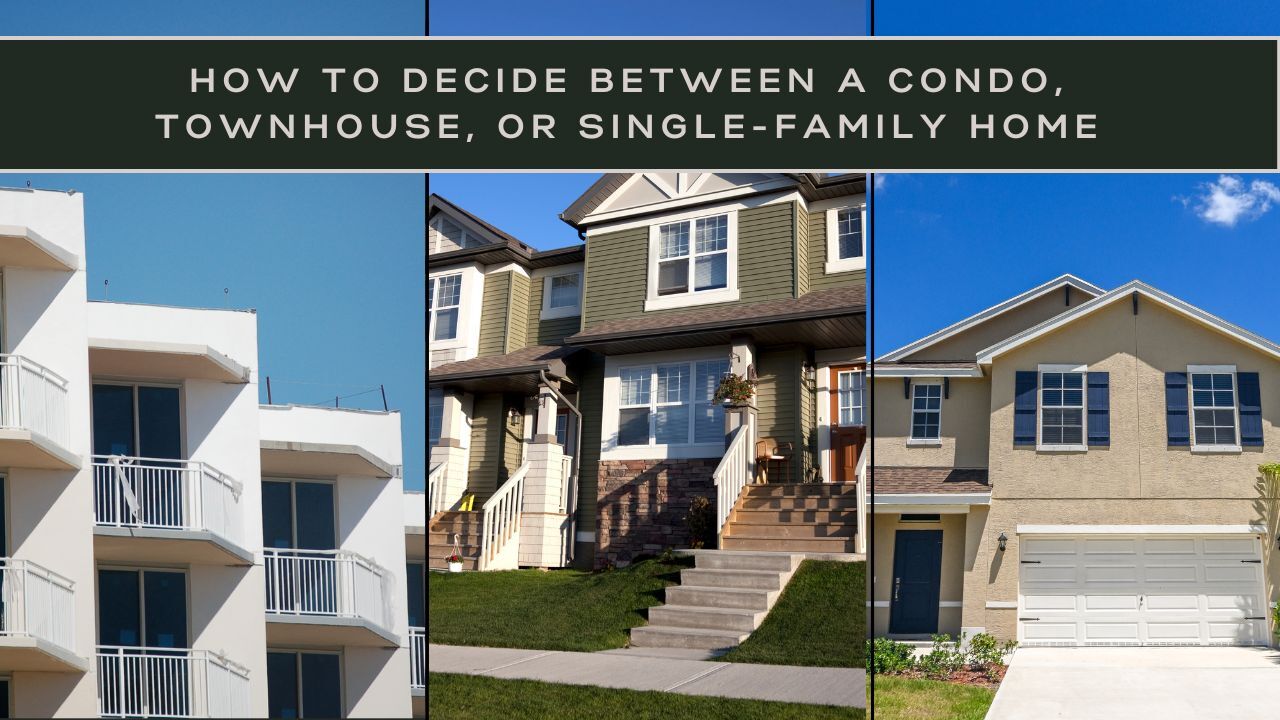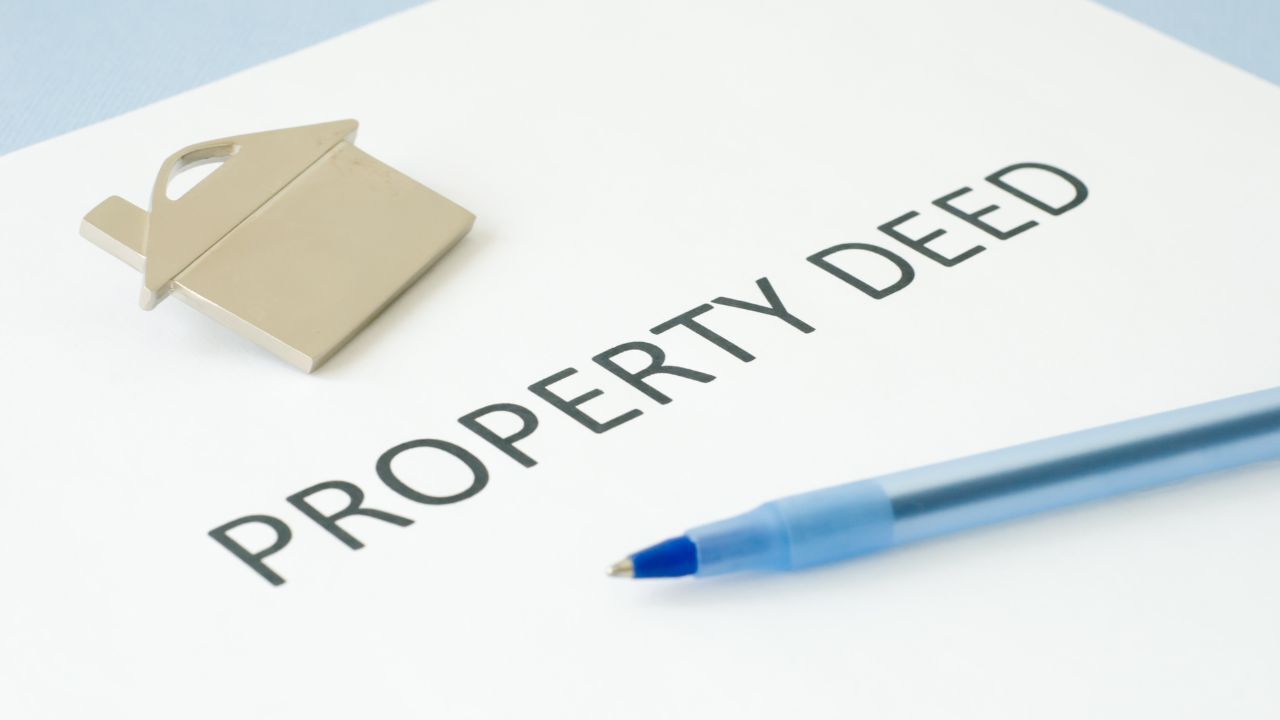 Today, we honor the brave men and women who have served our country with courage, strength, and selflessness. Your service allows us to enjoy the freedoms that make home and community possible.
Today, we honor the brave men and women who have served our country with courage, strength, and selflessness. Your service allows us to enjoy the freedoms that make home and community possible.
As a real estate professional, I am especially grateful for the role homeownership plays in the lives of veterans and their families. Owning a home is more than just having a place to live, it represents stability, pride, and belonging.
The VA home loan program makes this dream more attainable, offering incredible benefits that honor those who have given so much.
To every veteran, and to every family who has supported one, thank you for your service and your sacrifice. Your dedication inspires us all, and it is a privilege to help you find a place to call home.
 Home appraisals are a crucial step in the home buying process. It determines the property’s fair market value and helps lenders decide how much money to loan for the purchase. Ideally, the appraisal matches or exceeds the agreed-upon purchase price. However, when the appraisal comes in lower than expected, it can cause stress for both buyers and sellers. Knowing how to handle this situation calmly and strategically is key to keeping the deal on track.
Home appraisals are a crucial step in the home buying process. It determines the property’s fair market value and helps lenders decide how much money to loan for the purchase. Ideally, the appraisal matches or exceeds the agreed-upon purchase price. However, when the appraisal comes in lower than expected, it can cause stress for both buyers and sellers. Knowing how to handle this situation calmly and strategically is key to keeping the deal on track. Choosing the right type of home is one of the most important decisions a buyer can make. Condos, townhouses, and single-family homes each offer unique benefits and challenges. The best choice depends on your lifestyle, budget, and long-term goals. Understanding what sets them apart can help you make a confident and informed decision.
Choosing the right type of home is one of the most important decisions a buyer can make. Condos, townhouses, and single-family homes each offer unique benefits and challenges. The best choice depends on your lifestyle, budget, and long-term goals. Understanding what sets them apart can help you make a confident and informed decision. Your home is likely one of your most valuable investments, which is why understanding home appraisals is essential. Whether youíre buying, selling, or refinancing, knowing what an appraisal involves can help you make informed decisions.
Your home is likely one of your most valuable investments, which is why understanding home appraisals is essential. Whether youíre buying, selling, or refinancing, knowing what an appraisal involves can help you make informed decisions. The first step to spotting a great deal in real estate is to understand the current market conditions. Is it a buyer’s market with plenty of inventory and lower prices, or a seller’s market, where competition is high and prices rise quickly? Knowing the market type helps you identify opportunities. In a buyer’s market, you might find undervalued homes or motivated sellers. In a seller’s market, great deals might be rare but still possible with the right strategy.
The first step to spotting a great deal in real estate is to understand the current market conditions. Is it a buyer’s market with plenty of inventory and lower prices, or a seller’s market, where competition is high and prices rise quickly? Knowing the market type helps you identify opportunities. In a buyer’s market, you might find undervalued homes or motivated sellers. In a seller’s market, great deals might be rare but still possible with the right strategy. When your house hunting, you are likely focused on the big things like: location, price, layout, and condition. But there is one small detail that can have a surprising impact on your homeownership experience, the street name. While it may seem insignificant at first, the name of your street can affect everything from resale value and first impressions to daily convenience and even safety.
When your house hunting, you are likely focused on the big things like: location, price, layout, and condition. But there is one small detail that can have a surprising impact on your homeownership experience, the street name. While it may seem insignificant at first, the name of your street can affect everything from resale value and first impressions to daily convenience and even safety. When buying a home, most buyers focus on location, price, and features. However, deed restrictions—legally binding rules that dictate how you can use your property—are equally important. Ignoring them can lead to unexpected limitations and challenges.
When buying a home, most buyers focus on location, price, and features. However, deed restrictions—legally binding rules that dictate how you can use your property—are equally important. Ignoring them can lead to unexpected limitations and challenges. Buying a home is one of the biggest financial and lifestyle decisions you’ll make. While most buyers focus on location, price, and size, there are several overlooked factors that can impact your long-term satisfaction. Here’s what to keep in mind when searching for the perfect home.
Buying a home is one of the biggest financial and lifestyle decisions you’ll make. While most buyers focus on location, price, and size, there are several overlooked factors that can impact your long-term satisfaction. Here’s what to keep in mind when searching for the perfect home.
 Buying a home is a major milestone, but it can also be overwhelming. Understanding the process will help you navigate each step with confidence. Here’s a simplified guide to buying a home:
Buying a home is a major milestone, but it can also be overwhelming. Understanding the process will help you navigate each step with confidence. Here’s a simplified guide to buying a home: